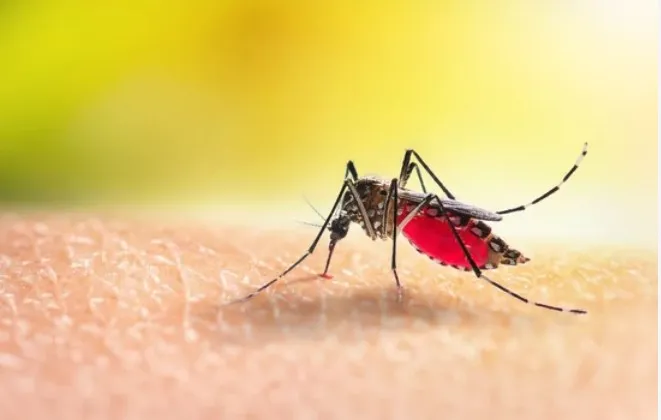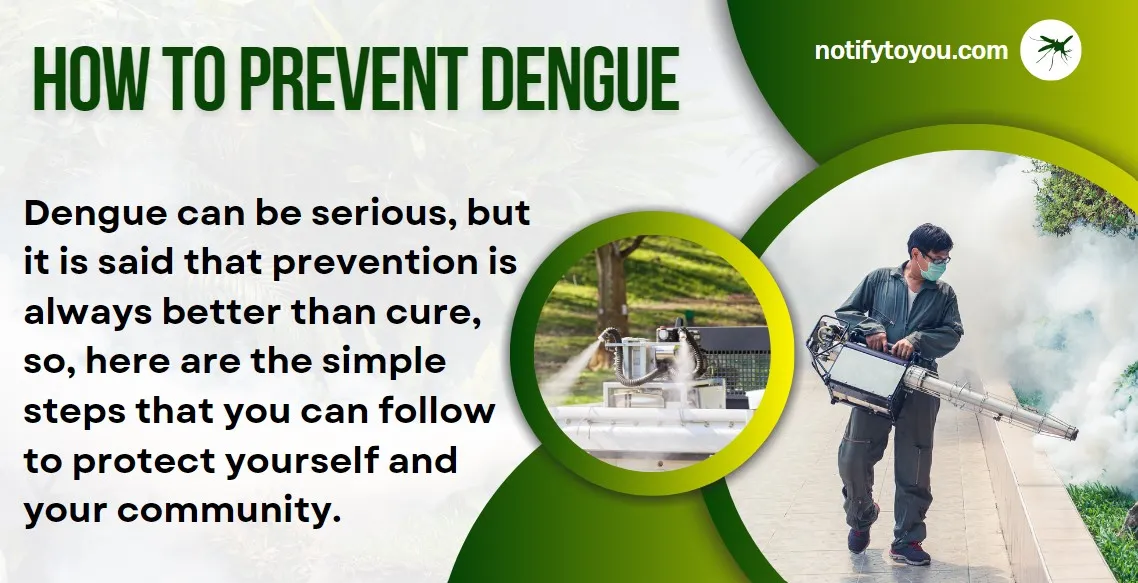Discover the latest on the dengue outbreak in Pakistan Turbat and Kech District, Pakistan. Learn about the causes, government response, and preventive measures. Stay informed.
Introduction to Dengue Outbreak in Pakistan
Dengue, which is a viral disease, is mostly spread by mosquitoes and nowadays has spread throughout the world. The dengue virus is principally spread by Aedes mosquitoes, particularly Aedes aegypti mosquitoes. If you have a dengue infection, you will be experiencing severe fever, a debilitating headache, pain behind the eyeballs, joint and muscle pains, rash and mild bleeding which may happen.

Not too long ago there was an outbreak of dengue fever that hit the area of Turbat and Kech District of Pakistan and has been a hard time to fight with. This turbogetonical epidemic has already caused dozens of Kech District Deaths Turbat for the widespread cases of dengue which has been more than 500 in Kech district. The crisis is almost wrecking the remaining functioning of our local healthcare centres and indicates that effective control and prevention mechanisms are a must.
In these regions, environmental factors such as stagnant water and below-par sanitation only exacerbate the vexation as these give the Aedes mosquitoes an ideal place to breed in. The key role of information and public involvement in the fight against dengue diseases. Citizens have to take precautions like removing the breeding grounds, using insect repellents and keeping their environment clean to lessen the risk of Malaria infections.
The current dengue outbreak in Pakistan is among the most serious challenges that the cities of Turbat and Kech District are faced with. This flea-borne disease has already taken 14 lives of inhabitants in Turbat and has affected more than 500 people in Kech district. Aedes mosquito which transmits dengue fever is characterized by high fever, severe headache and joint aches as its major symptoms. This outbreak is a reflection of the dire need for measures capable of halting transmission and safeguarding the local population.
How to Prevent Dengue
Dengue can be serious, but it is said that prevention is always better than cure, so, here are the simple steps that you can follow to protect yourself and your community.

1. End up Getting Rid of Standing Waste
Empty Containers: The repeated emptying and cleaning of containers that trap rainwater, for example, pots and buckets and tyres should be done.
Clean Gutters: Ensuring the gutter’s drainage systems are not obstructed and there is no accumulation of any leaves and debris is essential.
Cover Water Storage: Always keep the lids or covers on containers of water so that mosquitoes don’t find easy access routes into your house.
2. Use Mosquito Repellents
Apply Repellents: Apply insect repellents onto your sweaty skin especially those with DEET, picaridin, or oil of lemon eucalyptus.
3. Wear Protective Clothing
Dress Smart: Cover yourself with long-sleeved shirts, long pants, socks and shoes when you go out; using these clothing can protect you from mosquitoes, particularly when they are most active between the early morning and evening.
4. Use Mosquito Nets
Sleep Safe: Immunizing yourself is plenty enough, but triple it up by using mosquito nets over your bed, especially if you are in an area with a high dengue rate.
5. Don’t miss the opportunity to prevent mosquitoes from thriving in your home environment.
Screen Doors and Windows: Equip house windows and doors with a screen that will serve as a deterrent for mosquitoes.
Mosquito Traps: Install mosquito traps in the inside and outside environments to lower their number.
6. Administer A Clean Community
Community Efforts: Work together or organize such events in which nearby mosquito breeding sites can be cleared of waste.
7. Educate and Report
Spread the Word: Tell your buddies and mates how they can implement these prevention steps.
Report Cases: If someone displays a similar set of symptoms which means dengue, immediately contact local health centres.
8. Follow Government Guidelines
Stay Informed: By taking well from government instructions and by joining mosquito control programs they organize.
Finally, by sticking to this route you can avoid dengue and keep everyone healthy.
MUST READ WHY HEALTH INSURANCE IS IMPORTANT IN THIS SCENARIO
Environmental Factors of the Disease Outbreak
Multiple environmental factors have been responsible for the dengue outbreak in Turbat and Kech district. The existence of water pooling found in different areas has become a suitable nursery for mosquitoes. In addition to improper waste management and insufficient sanitation, the problem becomes worse. In addition, the climate in these regions consisting of mild temperatures and rare rains gives rise to the proliferation of the Aedes mosquito. These conditions must be considered holistically to eradicate mosquito habitats and lessen the probability of infection.
Government Response and Measures
The measures of the Pakistani government in response to the dengue outbreak include Emergency health services that have been put into effect for the treatment of a rising number of patients. The government also implemented wide mosquito control programs that consisted of insecticide spraying and larviciding. Public awareness programs are conducted to educate citizens about preventive measures, which include removing standing water and the use of mosquito repellants. These endeavours seek to thwart the transmission of dengue and to defend the endangered population.
Difficulties Stemming from the Outbreak
Fighting against dengue in Turbat and Kech District confronts a range of problems. Restricted resources in these regions offer fewer options for complete mosquito control operations. Community participation in preventive measures is equally a complicated matter, particularly in far-flung areas.

Seasonal fluctuations, which are particularly high around mosquito flying season, make the control process more difficult. These challenges have to be tackled coordinatively by the government, the healthcare providers as well as the community in order to ensure the most effective way of managing and mitigating the outbreak.
The Effects of Healthcare Systems and Communities
The dengue outbreak has hugely compromised the health system in Turbat and Kech District. Hospitals attend to dengue patients, thus there is a shortage of medical staff and resources. The economic impact of affected families is highly significant because they incur medical expenses and lose their income stream due to the illness. Also, residents’ psychological effects – worrying about contracting the disease and losing their families and loved ones – are strong. Consequently, these issues are dealt with through not only medical intervention but also mental health support and community resilience building.
Importance of Public Awareness
Public awareness is of great significance to the control of the spread of dengue. Enlightening the community on the symptoms of dengue fever and the significance of seeking early medical help is likely to prevent deaths. Residents should be informed about the preventative measures which include the use of mosquito nets and repellents as well as the elimination of breeding places around their homes. Local authorities and NGOs (non-governmental organizations) are vital in getting this information out to the public and also in making sure that the community complies. The heightened awareness results in preventive action measures, reducing the number of cases of dengue.
Future Preparedness and Recommendations
To avoid the next outbreak, we should enhance readiness and response measures. Effective surveillance systems that help to identify dengue cases easily and on time should be reinforced. The healthcare infrastructure calls for improvement as such we need to train medical staff more and ensure that there is an adequate supply of medical supplies.

The long-term strategies are to be based on sustained mosquito control measures, among them, community-based environmental management and continuous public education. This can be achieved through the enforcement of the recommendations, thus significantly reducing the risk of dengue epidemics.
Conclusion
The dengue outbreak in Turbat and Kech District is a pressing public health issue that requires immediate and sustained action. The government’s efforts are supported by community engagement and support from international bodies in helping to curb the spread of the disease. Advocacy for the community and the application of preventive measures are fundamental to diminishing the effect of dengue and ensuring the health and safety of the affected populace. Continued and resilient survivability is a pledge to nipping upcoming plagues and saving communities with defences.
FAQ- Dengue Outbreak in Pakistan
What are the typical signs of Dengue fever?
Common symptoms for dengue fever include having high temperature, severe headache, pain behind the eyes, joint and muscle pain, rash, and mild bleeding. Extreme cases may be accompanied by symptoms such as severe abdominal pain, persistent vomiting, and bleeding gums that require emergency medical treatment.
How can people protect themselves against mosquito bites?
People may protect themselves by applying insect repellent, wearing long-sleeved clothing, using mosquito nets while sleeping, and making sure that all windows and doors have screens. The elimination of any stagnant water around the house can also help limit mosquito breeding.
What is the role of community participation in dengue prevention?
Community participation is key to dengue prevention. Collective efforts such as eradication of mosquito breeding sites, joining in clean-up campaigns and spreading awareness about preventive measures can drastically bring down the incidence of dengue.
Are there any vaccines for Dengue available?
Yes, there is a dengue vaccine known as Dengvaxia, recommended for individuals aged 9 to 45 who have the dengue virus infection. It not advisable for those who have no experience with dengue, as it may cause more severe dengue if they have it later in life.
In what ways should local authorities improve their response to Dengue epidemics?
The response of local authorities to dengue epidemics can be enhanced through strategic surveillance systems, regular mosquito control mechanisms, informing the public on dengue precautions, and ensuring that healthcare facilities are adequately provisioned. Collaboration with national and international health organizations can also be a way of enhancing outbreak response efforts as well.











